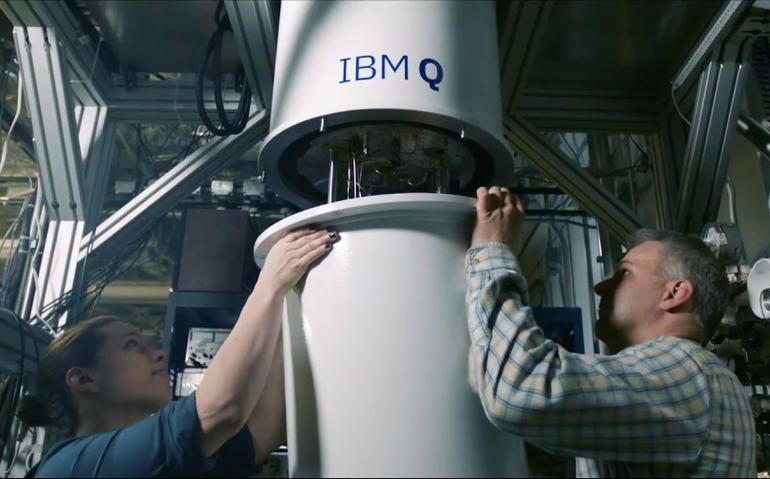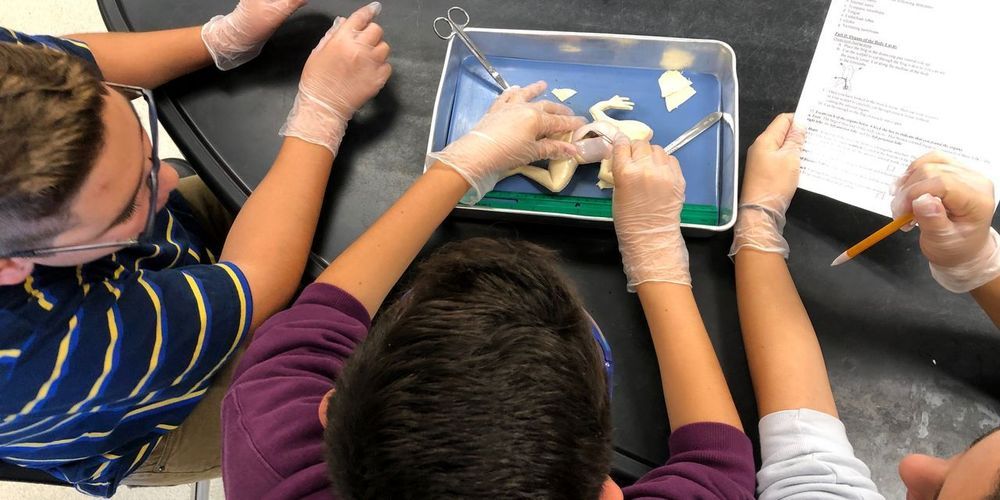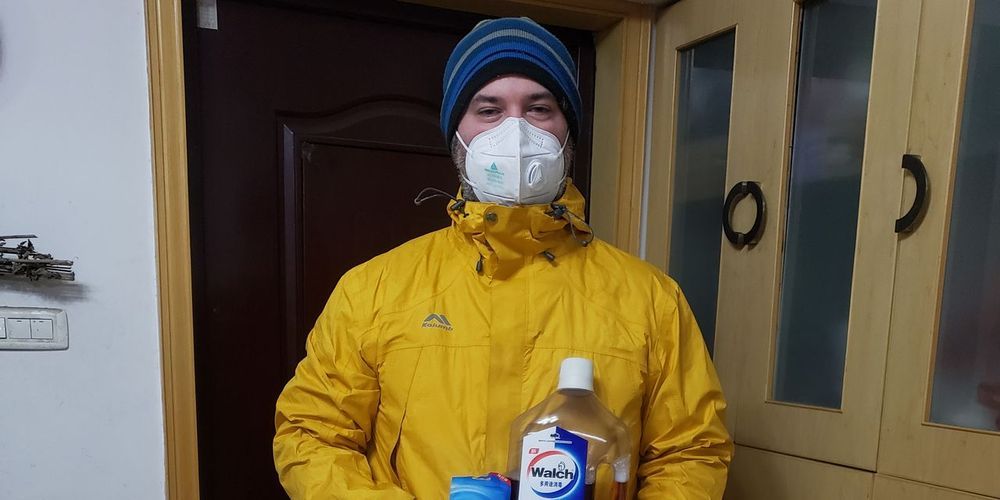Get the latest international news and world events from around the world.

Quantum computing talent war: JPMorgan Chase poaches a top IBM exec
Editor’s note: Geoff Woollacott is Senior Strategy Consultant and Principal Analyst at Technology Business Research. IBM and NC State are coperating on quantum computing development.
HAMPTON, N.H. – JPMorgan Chase announced on Jan. 22 the hiring of Marco Pistoia from IBM. A 24-year IBM employee with numerous patents to his credit, Pistoia most recently led an IBM team responsible for quantum computing algorithms. Algorithm development will be key to developing soundly engineered quantum computing systems that can deliver the business outcomes enterprises seek at a faster and more accurate pace than current classical computing systems.
A senior hire into a flagship enterprise in the financial services industry is the proverbial canary in the coal mine, as TBR believes such actions suggest our prediction of quantum achieving economic advantage by 2021 remains on target. Quantum executives discuss the three pillars of quantum commercialization as being:

Clock and TMRCA based on 27 genomes
Estimates of the clock and TMRCA for 2019-nCoV based on 27 genomes.
Kristian Andersen, Scripps Research
Following up on the analyses provided by Andrew Rambaut this is a brief report estimating the evolutionary rate and timing of the epidemic (date of the most recent ancestor (MRCA)) based on 27 publicly shared n2019-nCoV genome sequences. Compared to earlier analyses where several parameters had to be fixed, there is now enough information content in the sequences to obtain reasonable estimates of the clock and TMRCA without fixing parameters. This work is for information purposes only and is not intended for publication. All the data used here is provided by the laboratories listed below through NCBI Genbank or GISAID.
DeLorean Comes Clean, Confirms Plan to Produce New DMC 12s
Among the hardest games to play, we find the waiting game. The lore of the DeLorean being produced once again has been floating around the watercooler for some time now. Most recently, rumors pointed to 2016 being the return of the DMC 12. However, due to changes in regulations, it would appear as if the revival wouldn’t exactly be legal. Let’s just say that low-volume auto manufacturers have some hurdles to jump over. These regulations would make the hurdles impossible for DeLorean.
That all changed.
Hagerty tells us that “According to SEMA, the final regulations will allow low-volume automakers to sell up to 325 cars each year that resemble production vehicles manufactured at least 25 years ago.”

Method detects defects in 2-D materials for future electronics, sensors
To further shrink electronic devices and to lower energy consumption, the semiconductor industry is interested in using 2-D materials, but manufacturers need a quick and accurate method for detecting defects in these materials to determine if the material is suitable for device manufacture. Now a team of researchers has developed a technique to quickly and sensitively characterize defects in 2-D materials.
Two-dimensional materials are atomically thin, the most well-known being graphene, a single-atom-thick layer of carbon atoms.
“People have struggled to make these 2-D materials without defects,” said Mauricio Terrones, Verne M. Willaman Professor of Physics, Penn State. “That’s the ultimate goal. We want to have a 2-D material on a four-inch wafer with at least an acceptable number of defects, but you want to evaluate it in a quick way.”



Americans in Wuhan Prepare to Flee Coronavirus—or Weather Outbreak in Isolated City
SHANGHAI—Hundreds of Americans were preparing to fly out of Wuhan, bound for California, as fears grew at the epicenter of China’s health crisis. But more U.S. citizens aren’t leaving, having failed to secure a seat on the single U.S.-bound flight—or decided to ride out the emergency where they are.
A State Department evacuation flight promised relief for a segment of Wuhan’s roughly 1,000 Americans, as a lockdown triggered by a coronavirus outbreak turned the focus to the dangers of contagion and a long quarantine in China’s…
To Read the Full Story.
NASA selects Axiom Space to build commercial space station segment
NASA has announced that they have selected Axiom Space, an American company headquartered in Houston, Texas, to design, build and launch three large pressurized modules and a large Earth observation window to the International Space Station (ISS).
This partnership between NASA and Axiom is issued under Appendix I of NASA Next Space Technologies for Exploration Partnerships 2 (NextSTEP-2) public-private partnership program witch the agency hopes will help stimulate commercial development of deep space exploration capabilities.
Appendix I of NextSTEP-2 was originally issued on June 7th 2019 and called for private companies to bid to develop habitable commercial modules, to be built and launched to the International Space Station, and then attached to the forward end of the station as part of NASA’s long term plan to open up the ISS to large amounts of commercial opportunities.

US Air Force plane crashes in Taliban-controlled territory in Afghanistan
The chief of staff of the U.S. Air Force, Gen. Dave Goldfein, confirmed to CNBC the plane that crashed was an Air Force E-11 military airplane. The plane crashed Monday in territory under Taliban control. Arif Noori, a spokesman for the governor’s office in Ghazni, said fire brigades, security officials and rescue teams were at the scene of the crash.
01:01